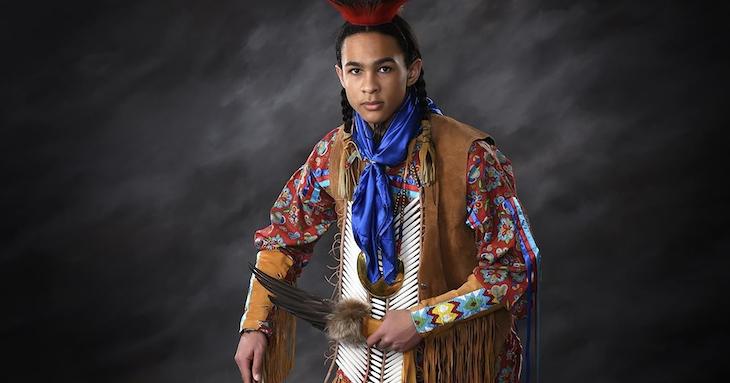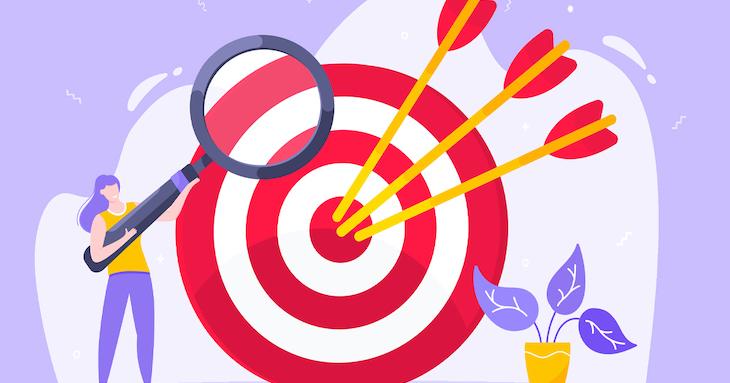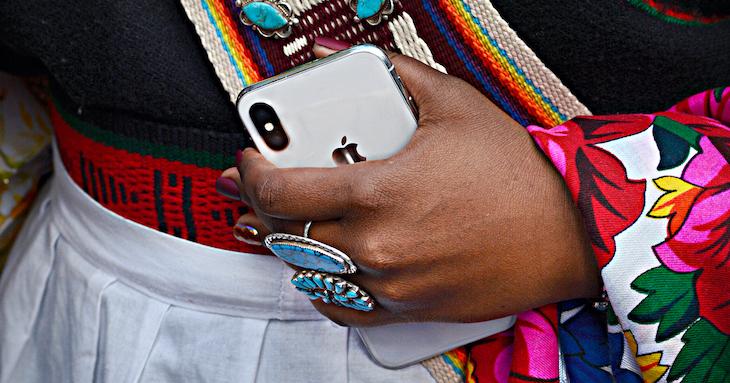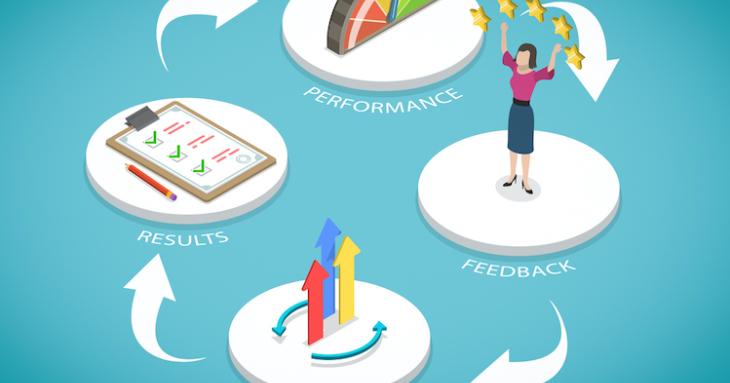-
Is Your Team Quiet Quitting?
“Quiet quitters” — employees who are simply meeting their job description — make up at least 50 percent of the U.S. workforce, according to a Gallup poll. This trend has increased since the COVID-19 pandemic, during which the workplace got worse for young professionals. Between working remotely and limited interaction with colleagues, employees’ motivation and drive waned. Are you among that group?
Reality Check -
Desmen “Silent Thunder” Boykin | Nanticoke Indian Tribe | The Governor’s School at Innovation Park
I grew up in Montclair, Va., which I like to think of as a perfect balance. Located right off the Potomac River, Montclair is perfectly in the middle of a suburban area and a very rural area. It’s extremely humid during the summer and snowy in winter, and I could explore nature by fishing and hiking. I could also make trips to the city and visit any sites.
-
Finding Your Resolve in a New Semester
After some time away, it can be hard to get back into the swing of academic life. It can be helpful to take some time at the beginning of the semester to situate yourself and ensure you’re ready for what the next few months of classes will bring. Here are a few ways to set yourself up for successful semester.
Plan, Plan, Plan -
The Importance of Setting Goals
As you spend more time in the professional world, you may start to think more about where you are and where you want to be. Do you aspire to be an executive one day, or be in a position that allows you to work remotely from anywhere in the world? Are you happy in your current line of work, or is there something else you’d like to be doing? To answer these questions, and make your dreams a reality, you’ll need to set goals, and then focus on achieving them. Setting and achieving goals can help in many areas of your life.
-
Steps to Maintain a Healthy Diet at College
College can be an amazing experience, with tons of new friends, new activities, and new foods to try. At the same time, it can be overwhelming trying to balance a busy schedule and a healthy lifestyle. Healthy eating habits are important throughout your life, but especially during college when late-night cramming sessions and a full calendar can easily cause you to deviate from a balanced plan. Here are some tips to maintain a healthy diet.
-
Finding Work-Life Balance and Managing Stress Through Native Traditions
In this world of hybrid and remote work, the ongoing pandemic, and the great resignation, work can be a stressful place. It certainly looks very different than it did a year ago, and many of your elders might not even recognize the workplace as you know it today. In the modern workplace, it’s easy to become stressed, and hard to find your work-life balance. If this is the case, look to your Native traditions to help ground you, and bring some calm back into your life.
Connect with Mother Earth -
How to Deliver Performance Reviews That Resonate
As working professionals, we’ve all received performance reviews. Some may have been helpful; others may have felt cursory or lackluster. It’s a manager’s responsibility to ensure that direct reports are receiving honest, appropriate, and timely feedback. But the performance review process can be daunting, especially if you have to deliver an unpleasant message. Here are some tips to help deliver performance reviews that resonate with your employees.
Provide Feedback on a Consistent Basis -
Following Native Traditions at College
Going to college may be the first time that you are spending a significant amount of time away from your family. It can be hard adjusting to this new normal, where everything is different. Between new schedules, friends, classes, and extracurriculars, college can be overwhelming. Being away can also make it hard to follow your Native traditions. But don’t let this new world keep you from staying connected to your culture. Here are a few ways to follow your Native traditions at college.
Choose a School that Supports Your Native Identity -
Technical Excellence | James Leatham | Cherokee Nation
For years Jim Leatham wondered why he looked at the world and behaved in ways that were so different from other people. It’s not as though Leatham wasn’t flourishing. He obtained an undergraduate mechanical engineering degree from the Massachusetts Institute of Technology and a master’s degree in electrical engineering/electrophysics from the University of Southern California.
-
Professional of the Year | Deneen Hernandez | Seneca Nation
Deneen Hernandez had an early introduction to criminal justice as well as anatomy and physiology because babysitters were scarce. Her mother, a marshal for the Seneca Nation in New York, pursued a degree in criminal justice and had no choice but to take little Deneen with her to class. “I helped her study criminal justice, like constitutional law and Miranda rights,” says Hernandez, this year’s winner of the Professional of the Year Award.













